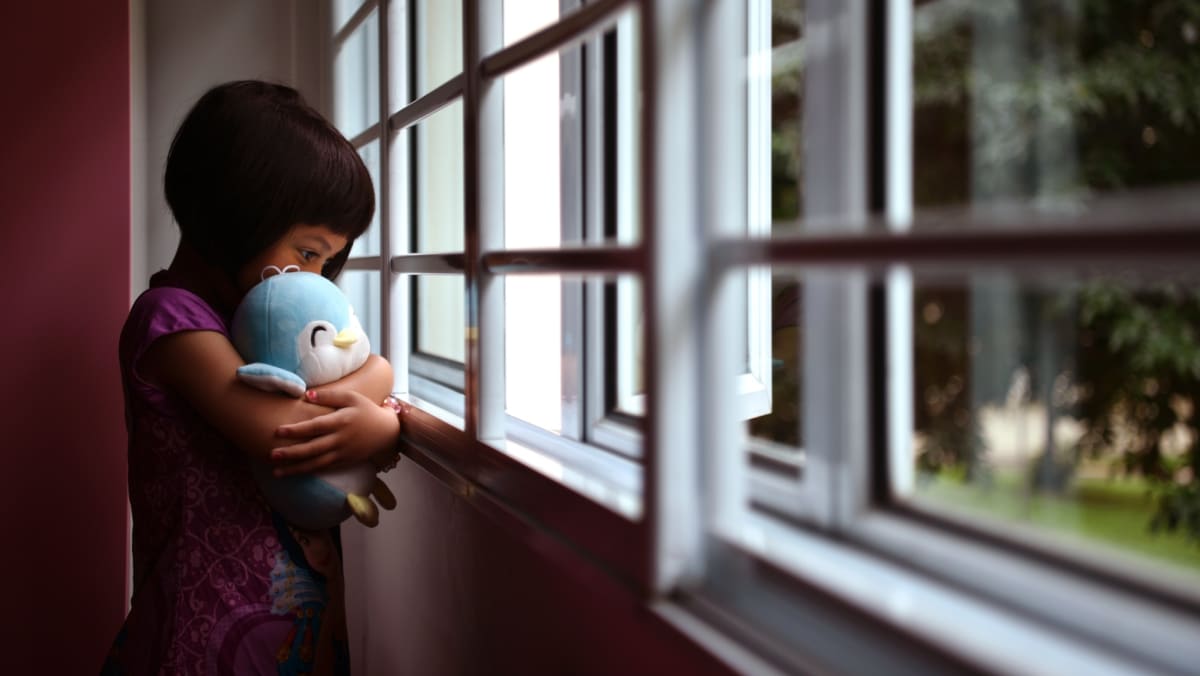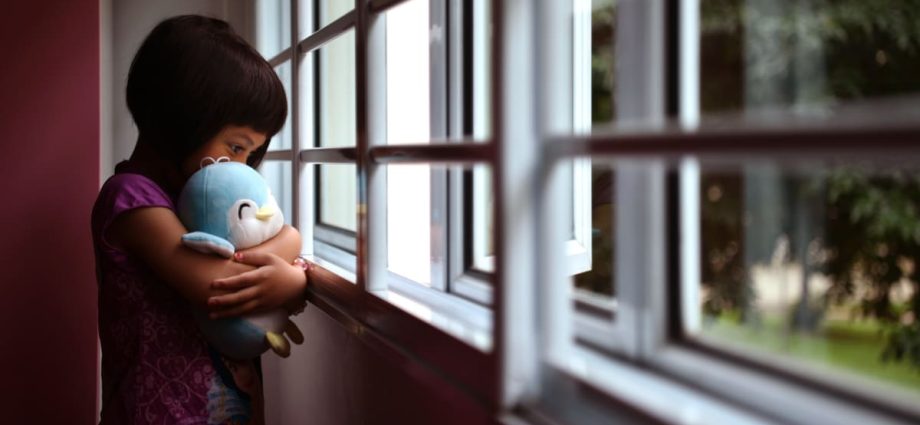
HOW CHILDREN EXPRESS GRIEF
Medical social worker at HCA Hospice Koh Yuqi@Umairah Khairiya, who was also on the show, said that for children, grief starts when a parent is diagnosed with an illness and continues as the parent goes for treatment and physically deteriorates.
They may struggle with understanding why the parent fell ill and eventually died, and find it difficult to come to terms with the death, she said.
She added that children may grieve differently depending on their age and developmental stage.
“They may not have the words or the space to articulate their thoughts and their emotions. Therefore, their grief may be expressed through their behaviours. For example, some children become more withdrawn from social activities, while others tend to have more temper tantrums or they become easily irritable,” she said.
Grief may show up in other ways as well, with some children sharing that they develop sleep problems, such as difficulty falling asleep, and intense and scary nightmares that disrupt their sleep.
“For younger children, grief can be expressed through somatic symptoms such as headaches or even stomachaches. For the older children, they may have difficulty concentrating in school and that may relate to a decline in their academic grades,” she said.
HOW TO HELP A GRIEVING CHILD
HCA Hospice helps about 150 children below 18 cope with grief from the loss of a parent every year.
Ms Koh said that adults may tend to want to protect a child from the bad news of death and dying. In some cases, the adults themselves may not have the emotional capacity to attend to the child. However, withholding information from them may not work, she said.
“Some adults also have the misconception that the child will not understand at all. However, from our work with children, we have learned that when children are not given factual information, they tend to make up stories by themselves, which may not be helpful for the grieving process,” she said.
She gave the example of an eight-year-old boy who thought that he was the one who caused his mother to fall ill, and his six-year-old sister who was told by her friends that harming herself was the solution.
Along with the medical social worker, HCA Hospice roped in an art therapist and other professionals to educate the children on their mother’s condition.
“It is very important for adults to pay attention to children who are experiencing loss. It is also important for us to create this network of care to support children who are grieving. This could be informal support such as from extended family members, or even from a school system such as the school teachers and school counsellor,” she said.
She added that studies have shown that when childhood grief is not addressed, it may impact mental health in adulthood.
CHALLENGES PARENTS FACE
However, addressing children’s grief can be a challenge for adults with already too much on their plates.
Parents toe a delicate balance between addressing personal challenges and turning their attention to their children, said Ms Gracia Lim, senior medical social worker and programme lead at HCA Hospice.

